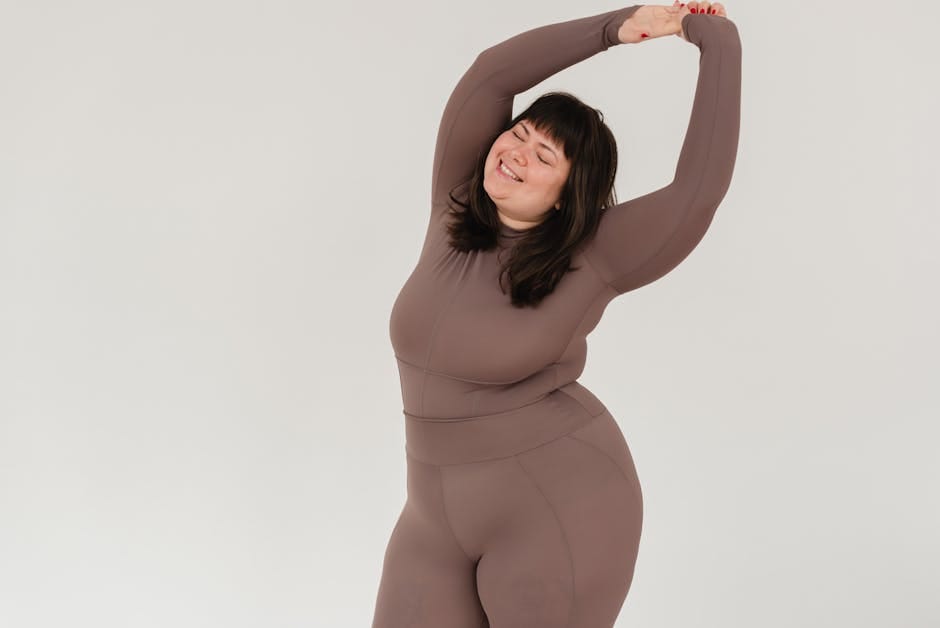Hip flexors are a group of muscles that help you bend and lift your legs. They are essential for everyday activities like walking, running, and sitting. However, hip flexors can become tight and stiff over time, which can lead to pain, discomfort, and reduced mobility.
The good news is that there are a number of things you can do to unlock your hip flexors and improve your flexibility. Here are 10 tips to get you started:
**1. Stretch regularly.** Stretching is the best way to improve flexibility and range of motion in your hip flexors. There are a number of different hip flexor stretches you can try, so find a few that you enjoy and do them regularly.
**2. Strengthen your hip flexors.** Strong hip flexors will help to support your joints and improve your overall mobility. There are a number of different exercises you can do to strengthen your hip flexors, such as squats, lunges, and leg lifts.
**3. Foam roll your hip flexors.** Foam rolling is a great way to release tension and tightness in your muscles. To foam roll your hip flexors, lie on your back with a foam roller under your lower back. Then, slowly roll back and forth over the foam roller, applying pressure to your hip flexors.
**4. Get a massage.** A massage can help to loosen up tight muscles and improve circulation. If you have tight hip flexors, ask your massage therapist to focus on that area.
**5. Take a warm bath.** Warm water can help to relax your muscles and relieve pain. Soaking in a warm bath for 20 minutes can help to unlock your hip flexors and improve your flexibility.
**6. Try acupuncture.** Acupuncture is a traditional Chinese medicine technique that involves inserting thin needles into the skin. Acupuncture can help to relieve pain, improve circulation, and reduce inflammation.
**7. See a physical therapist.** If you have chronic hip pain or stiffness, you may want to see a physical therapist. A physical therapist can assess your condition and develop a personalized treatment plan to help you improve your flexibility and range of motion.
**8. Surgery.** In some cases, surgery may be necessary to release tight hip flexors. Surgery is typically only recommended if other treatments have not been successful.
**9. Stay hydrated.** Drinking plenty of water is essential for overall health, and it can also help to improve flexibility. Staying hydrated helps to keep your muscles supple and elastic.
**10. Be patient.** It takes time and effort to unlock tight hip flexors. Don't get discouraged if you don't see results immediately. Just keep at it and you will eventually see improvement.
